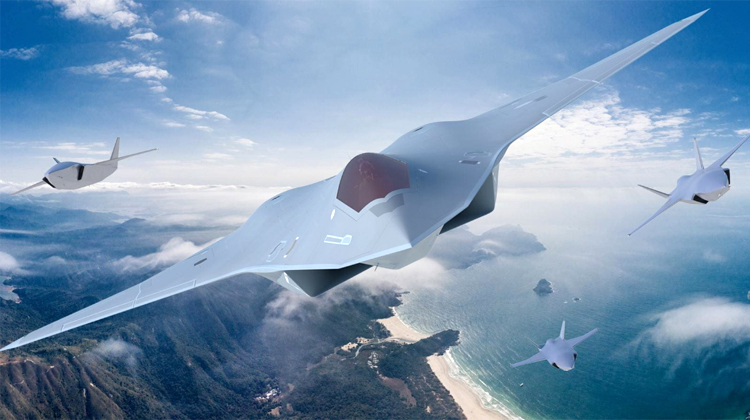INDIAN ARMED FORCES CHIEFS ON OUR RELENTLESS AND FOCUSED PUBLISHING EFFORTS

The insightful articles, inspiring narrations and analytical perspectives presented by the Editorial Team, establish an alluring connect with the reader. My compliments and best wishes to SP Guide Publications.

"Over the past 60 years, the growth of SP Guide Publications has mirrored the rising stature of Indian Navy. Its well-researched and informative magazines on Defence and Aerospace sector have served to shape an educated opinion of our military personnel, policy makers and the public alike. I wish SP's Publication team continued success, fair winds and following seas in all future endeavour!"

Since, its inception in 1964, SP Guide Publications has consistently demonstrated commitment to high-quality journalism in the aerospace and defence sectors, earning a well-deserved reputation as Asia's largest media house in this domain. I wish SP Guide Publications continued success in its pursuit of excellence.
- Indian Air Force Aims for Full Indigenous Inventory by 2047 — Air Chief Marshal A.P. Singh
- Rajnath Singh assumes charge as Defence Minister for the second consecutive term
- Interim Defence Budget 2024-25 — An Analysis
- Union Defence budget 2024
- Prime Minister Modi Flies in the LCA Tejas
- New Chapter in India-Italy Defence Ties
- Airpower beyond Boundaries
RTX's Pratt & Whitney passes first fully digital detailed design review on Next-Gen Adaptive Propulsion Offering
Hardware procurement begins for XA103 prototype build and test

Pratt & Whitney, an RTX business, completed the detailed design review of its Next-Generation Adaptive Propulsion (NGAP) offering with the US Air Force. Pratt & Whitney presented directly from its collaborative digital environment, providing reviewers with immediate access to all the data and material to satisfy the stringent criteria. Passing this fully digital evaluation allows the team to begin procuring hardware for the construction of its XA103 prototype ground demonstrator, which is expected to test in the late 2020s.
"The significance of this first fully digital review cannot be understated," said Jill Albertelli, president of Pratt & Whitney's Military Engines business. "Digital processes throughout the lifecycle are crucial to rapidly and efficiently deliver advanced warfighter capabilities. As we celebrate our centennial, the digital tools and processes that our NGAP team has demonstrated, and will continue to advance, will be at the foundation of our technology maturation for our future next-gen solutions."
Pratt & Whitney's NGAP engine has an adaptive architecture, enabling its components to actively adjust for optimized fuel efficiency, survivability, and power and thermal management, surpassing the capabilities of fourth- and fifth-generation engines. This step change in engine capability will help ensure the US Air Force maintains air superiority and deters pacing challenges.





